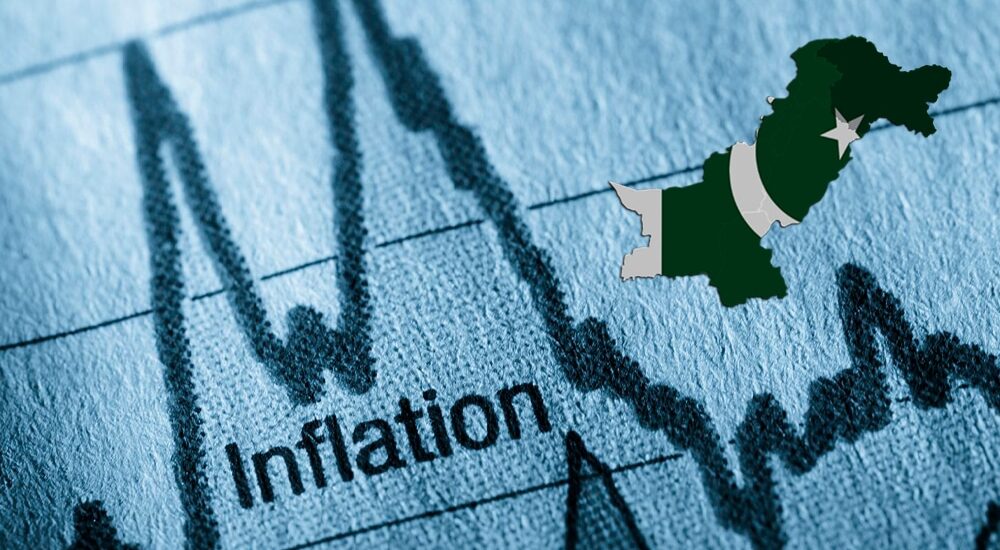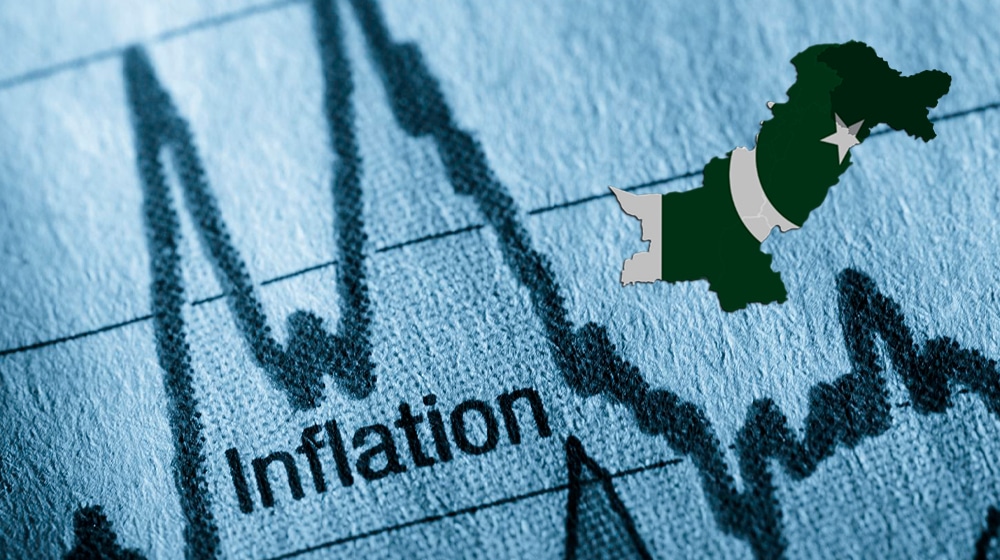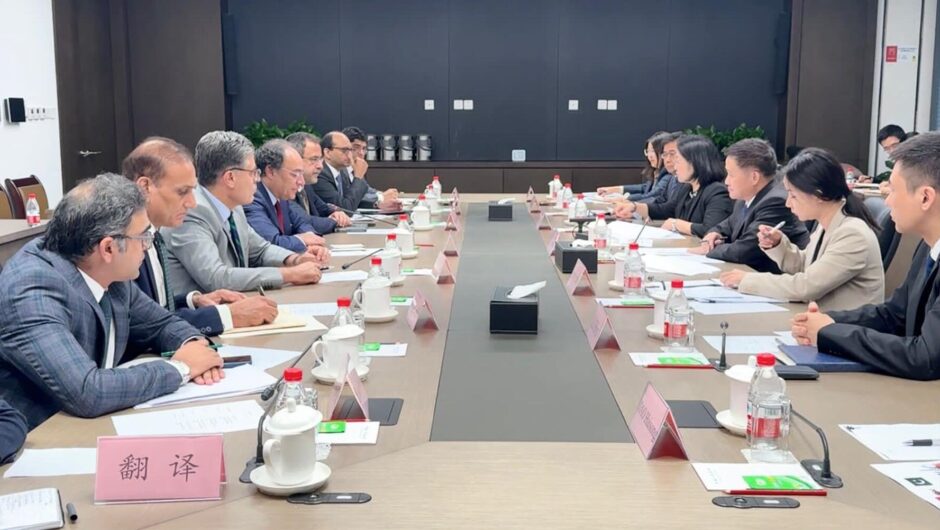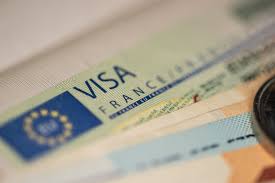
In August 2023, Pakistan’s Consumer Price Index (CPI)-based inflation experienced a slight decline, coming in at 27.4 percent year-on-year, compared to the previous month’s 28.3 percent and August 2022’s 27.3 percent, according to the Pakistan Bureau of Statistics (PBS).
On a month-on-month basis, inflation decreased to 1.7 percent in August 2023, a significant drop from the 3.5 percent recorded in the previous month and the 2.4 percent in August 2022.
Despite this marginal decrease, concerns linger about the potential for further inflationary pressure in the coming months. The government’s recent substantial hike in petroleum prices has contributed to the uncertainty. However, it’s not just petroleum prices; the rapid depreciation of the Pakistani rupee against the US dollar in the past two weeks may further exacerbate inflationary woes.
Moreover, protests have erupted across the country in response to inflated electricity bills, while the interim government grapples with limited options due to its commitments to the International Monetary Fund (IMF).
Breaking down the figures, CPI inflation in urban areas registered at 25.0 percent year-on-year in August 2023, showing a slight decline from the previous month’s 26.3 percent and August 2022’s 26.2 percent. Rural CPI inflation reached 30.9 percent year-on-year in August 2023, down from 31.3 percent the previous month and up from 28.8 percent in August 2022.
Additionally, the Sensitive Price Index (SPI) inflation decreased to 27.9 percent year-on-year in August 2023, compared to the previous month’s 29.3 percent and August 2022’s 34.0 percent. The Wholesale Price Index (WPI) inflation stood at 24.3 percent year-on-year in August 2023, up from the previous month’s 23.1 percent and down from August 2022’s 41.2 percent. On a month-on-month basis, both SPI and WPI inflation witnessed increases in August 2023.
Also, see:
Asia Cup 2023: PCB reveals playing XI for Indo-Pak clash
Topics #featured #trending pakistan





